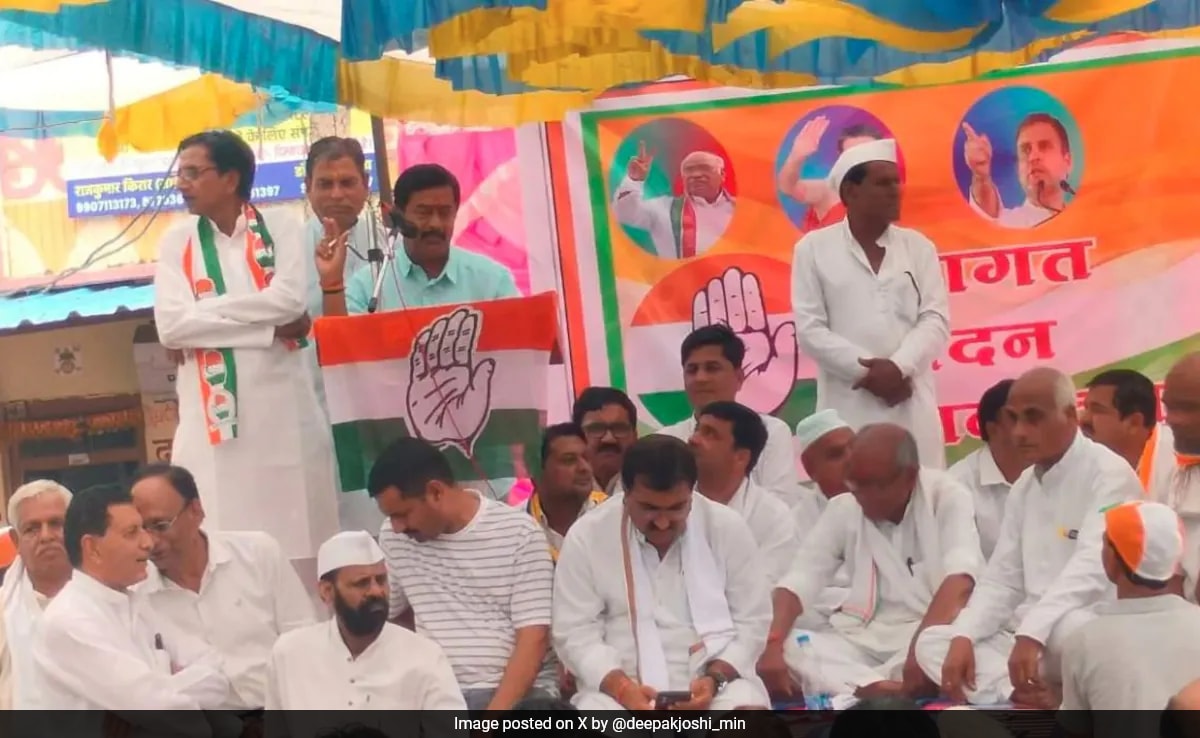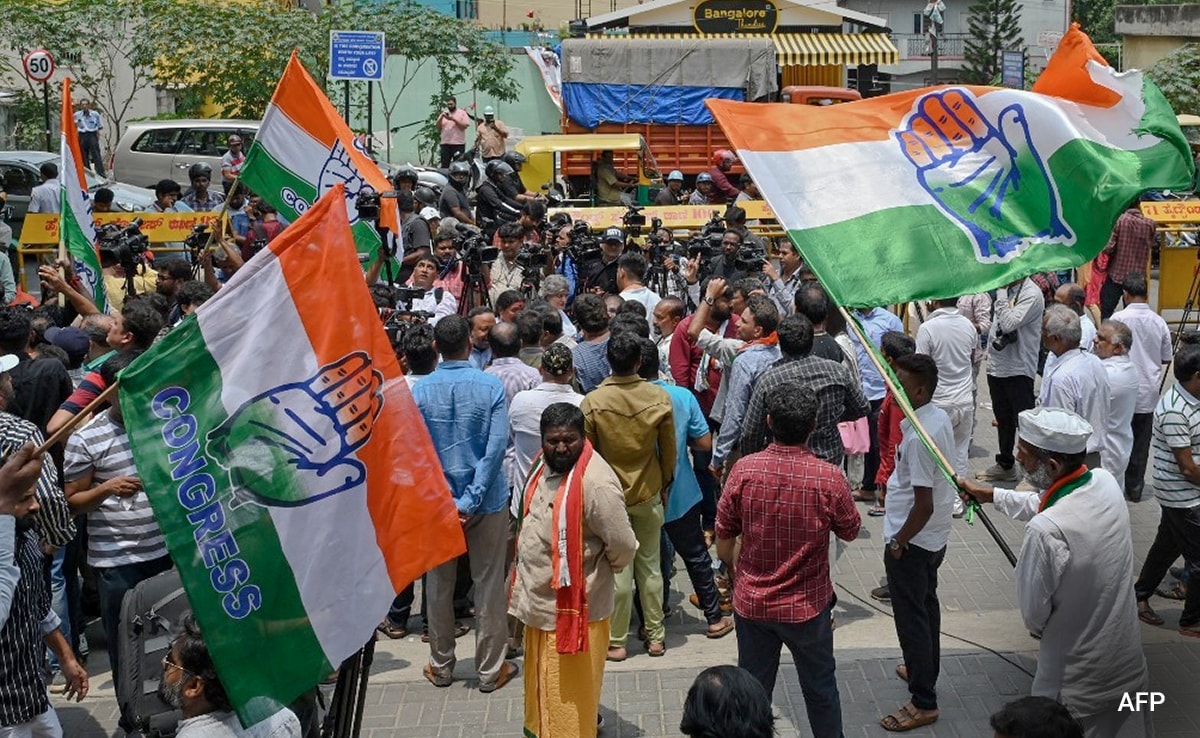The Economic Survey is a comprehensive annual report that analyzes the performance of the Indian economy over the past year and provides insights into its prospects. It is usually presented by the Chief Economic Adviser (CEA) before the federal budget and provides important context for the government’s financial plans.
Also read: Budget 2024 expectations: Job guarantee, tax cuts, Gen Z has high hopes from Union Budget
However, India will not announce its complete budget on February 1, 2024. Instead, Finance Minister Nirmala Sitharaman will present an interim budget, also known as a vote of account.
Why won’t there be an economic survey on January 31?
On February 1, 2024, Finance Minister Sitharaman will present an interim budget instead of a complete budget. Therefore, India will not release this year’s (2024) Economic Survey on January 31, but there will be an alternative report.
Reasons for not conducting means test:
Election year: 2024 is an election year in India. The usual economic survey – a document that analyzes the past year’s performance and future prospects – is likely to become politicized due to the potential for a change of government after the election. This could disrupt the smooth running of the regular budget process, which usually follows a survey report.
Although the official economic survey may not be released this year due to the electoral backdrop, the India Economic Review provides valuable insights into the country’s economic trajectory and prospects. The report, prepared by the office of CEA V Anantha Nageswaran, provides insights into the economic outlook in the coming years.
Indian Economy – Review
Instead of releasing an economic survey, the government released a report titled “Indian Economy – Review”. This paper analyzes the Indian economy over the past decade and provides insights into its prospects. However, it was clearly mentioned that the report will not replace the official economic survey, which is expected to be submitted after the general election and the formation of a new government.
Ministry of Finance @FinMinIndia Published “Indian Economy – Review”. The review consists of two chapters that assess the state of the Indian economy and its course over the past decade and provide a brief overview of the economic prospects for the coming years. … pic.twitter.com/0RDPiW3f5h
— Ministry of Finance (@FinMinIndia) January 29, 2024
Indian Economic Key Points – A Review
- The report states that India will become a US$5 trillion economy in the next three years and may reach US$7 trillion by 2030.
- Focus on the structural reforms undertaken over the past decade and highlight their positive impact.
- Be cautious about future growth and inflation, acknowledging global uncertainties and challenges.
Check out some of the key points in the comments;
- India is expected to achieve GDP growth of over 7.2% in FY2024, surpassing the global economy’s efforts to achieve growth of over 3%.
- India’s economic growth is expected to exceed 7% for the third consecutive year.
- Moderate growth in the Indian economy has been fueled by rising public sector investment, a strong financial sector and substantial growth in non-food credit over the past decade.
- India is the third largest fintech economy in the world after the United States and the United Kingdom.
- India has surpassed Hong Kong to become the fourth largest stock market in the world. This achievement is attributed to the interest shown by domestic and global investors and continued IPO activity.
- Prime Minister Jan Dhan Yojana has contributed to increasing the proportion of women holding bank accounts from 53% in 2015-16 to 78.6% in 2019-21.
- The female labor force participation rate (LFPR) surged from 23.3% in 2017-18 to 37% in 2022-23. Additionally, initiatives like Skill India Mission, Startup India and India Stand Up are promoting greater participation of women in human capital formation.
- The gross enrollment ratio (GER) of women in higher education has increased four-fold from 6.7% in FY2001 to 27.9% in FY21. In addition, total gross profit margin more than doubled from fiscal 2005 to fiscal 2022, from 24.5% to 58.2%.
- The report points out that thanks to government support measures, the vitality of small, medium and micro enterprises is increasing.
- The implementation of the Goods and Services Tax (GST), coupled with the integration of the domestic market and the strengthening of production incentives, has improved economic efficiency and thereby reduced logistics costs.
Follow us on Google news ,Twitter , and Join Whatsapp Group of thelocalreport.in
















